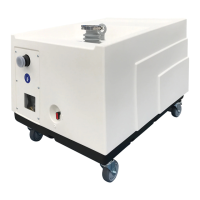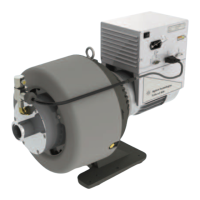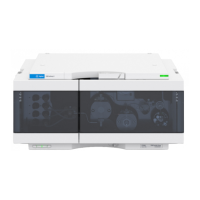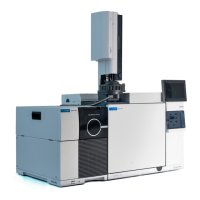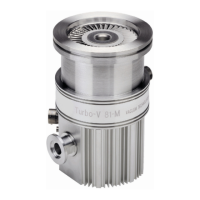1260 Infinity II Flexible Pump User Manual 65
3Using the Module
Solvent Recommendation for Agilent 1290 Infinity and 1290 Infinity II and 1260
Infinity II Flexible Pumps
Solvent Recommendation for Agilent 1290
Infinity and 1290 Infinity II and 1260 Infinity II
Flexible Pumps
While the Agilent 1290 Infinity, 1290 Infinity II, and 1260 Infinity II Flexible Pumps
guarantee a high performance with a wide variety of solvents, other solvents may
cause harm to the pump or to the (U)HPLC system. No modifications are
necessary when using standard reversed phase applications with water and
other polar protic solvents in combination with most polar aprotic solvents.
Normal phase applications work well with the modifications detailed in the
section “Normal Phase Applications” on page 66.
Corrosion can occur in stainless steel systems if free halides, hydroperoxides,
free radicals or strong, oxidizing acids are present. There are several solvents
where, under nonideal conditions, reactions can occur and these harmful
compounds are generated. Prevent formation of reactive substances when using
the following solvents:
• Solutions of alkali halides and their respective acids (for example, lithium
iodide, potassium chloride, and so on)
• High concentrations of inorganic acids like sulfuric acid and nitric acid,
especially at higher temperatures
• Halogenated organic solvents or mixtures which form radicals and/or acids
(for example, chloroform, methylene chloride)
• Chromatographic grade ethers, which can contain peroxides (for example,
THF, dioxane, di-isopropylether)
• Solvents containing strong complexing agents (for example, EDTA).
All these solvents can be used in Agilent (U)HPLC systems. Refer to the
Technical Note Best Practices for Addressing Problems Associated With Unstable
Solvents in an (U)HPLC Environment (01200-90092), for recommendations on
how to avoid damage to the instrument or separation column when working with
these solvents.
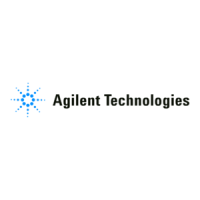
